Science and Theology: Finding Harmony in Their Distinct Disciplines
As someone who has lived a life steeped in both Christian faith and a career in technology, it’s only natural that I would have been drawn to the ongoing conversation between science and theology. Are these two domains fundamentally at odds? Can faith and empirical knowledge truly coexist? Many people see an inherent conflict between science and religion, a duel in which there can be only one winner. However, I believe that with a clearer understanding of the methodologies and purposes of these fields, we can find meaningful ways for them to complement one another.
Understanding the Differences
It’s important to acknowledge that science and faith do have distinct spheres of influence. Science is an entity grounded in the empirical—its methods are based on observation, experimentation, and tangible evidence. Theology, on the other hand, is concerned with the face of God, with metaphysical inquiry, and with transcendent purpose beyond what can be touched or seen. One can get easily confused in conflating the discussions of science with religion or theology with scientific methodologies. Just as I’ve argued in previous pieces, such as “Why Are We Here?” science and theology deal with overlapping but distinct realms of human experience, allowing for healthy collaboration if understood properly.
Theologians often focus on humanity’s spiritual existence—the “why” of our lives, while the natural sciences are frequently concerned with the “how” of our world’s workings. For instance, cosmologists map the birth of the universe through the big bang, a point many believe has become a milestone of unquestionable empirical truth. And yet, theology presses deeper into the spiritual meaning behind our origins, often exploring existential questions through divine revelation and scripture. I explore these profound questions more in-depth in my article on the ontological question of creation. Despite these differences, there’s an approach that can allow both fields to advance without dominating or negating one another.
Embracing Different Methodologies
The key to reconciling science and theology lies in embracing their distinct approaches while allowing for cross-disciplinary insights. Each of these fields has its integrity and should operate within its framework. Just as scientists employ empirical observation and controlled experiments, theologians follow a more systematic inquiry of spiritual truths, often rooted in scripture, philosophy, and ethics.
One major difference between the two lies in their final outcomes. Scientific knowledge is epistemologically fallible, always subject to revision as new evidence emerges—a concept similar to debugging a complex system (a challenge I know well from my own experience working in machine learning and AI). Theology, while not impervious to reinterpretation, is more likely to offer timeless truths rooted in divine revelation and moral law.
Consider the terms we use across disciplines like “uniqueness” and “humanity.” Both science and theology ask questions about who we are, but they ask them differently. Where are the boundaries, and where is the crossover in conversations? These nuances help avoid conflict. This balance is essential for addressing questions without relegating one tradition (theology) to being crippled by the methodologies of another (science).
A Collaborative Approach to Knowledge
We often create an unnecessary hierarchy between science and theology that tilts in favor of empirical methods. In reality, these disciplines can and should learn from one another. While a scientist may claim that their work is unaffected by theological insight, theologians must address scientific developments when constructing moral and logical frameworks. This doesn’t mean theology should be submerged under scientific advances; rather, theological inquiry can provide a richer ethical and philosophical context for scientific findings.
A great example would be the creation of life through cloning or AI’s growing capabilities in augmenting the human mind and body. Without a theological conversation offering guidance on the moral implications of such advancements, we might fuel advancements devoid of consideration for the profound consequences on human dignity and spiritual sanctity. In a previous article, I discussed the balance between AI’s predictive capabilities and the significance of free will; once again, science provides us with tools, but theology helps frame them within a meaningful context.
Points of No Return
Science’s empirical success, especially in certain areas like medicine and technology, cannot be denied. For instance, I’ve witnessed firsthand through my career in AI that empirical evidence and “repeatable results” are core to the authority science holds in today’s society. There are certain truths—such as earth’s roundness or Darwin’s theory of evolution—that have become accepted as immovable points, truths that theology must contend with but need not displace.
However, on the theological side, we must not shy away from venturing into areas where science stops. Many cosmological and quantum questions ultimately end in mystery and invite spiritual reflection, not empirical data. These might be seen as “points of no return” for science, but they open vast fields of reflection for theologically-minded thinkers. In my thoughts on God’s omniscience and omnipotence, I explored how scientific determination can coexist with the idea of divine providence—a reminder that limitations in one domain invite powerful insights from another.
Restoring Balance: Theology’s Responsibility
It has been my experience that theology can offer a conceptual clarity regarding the moral and existential questions that science hesitates to ask. Theology and faith help us contemplate not only what is but why it matters. Questions of meaning, the nature of evil, and the importance of human dignity are domains that, while informed by science, cannot be fully resolved within its confines.
| Theological Insights | Scientific Insights |
|---|---|
| Meaning and Purpose | Big Bang Cosmology, Evolutionary Biology |
| Ethical Debates (cloning, AI) | Medical and Technological Advancements |
| Human Uniqueness | Cognitive Science, Genetic Research |
Invitation to Dialogue
To advance our understanding of humanity and our world, both theologians and scientists must continue to engage in active and rigorous dialogue. We cannot be afraid to defend the integrity of our disciplines while also staying open to the insights others might offer. There’s no need for opposition where collaboration can lead to a deeper, more meaningful grasp of truth.
From my experience, this is one of the more balanced approaches we can adopt—both sides protect their domain while humbly inviting the other to the table. As I journey between faith and technological expertise, I’m continually reminded of the beauty found in both; each answers questions the other cannot fully resolve on its own. Together, science and faith weave a narrative of human existence that is both measurable and transcendent.
Let us continue learning, reflecting, and growing together toward a greater truth.
Focus Keyphrase: science and theology
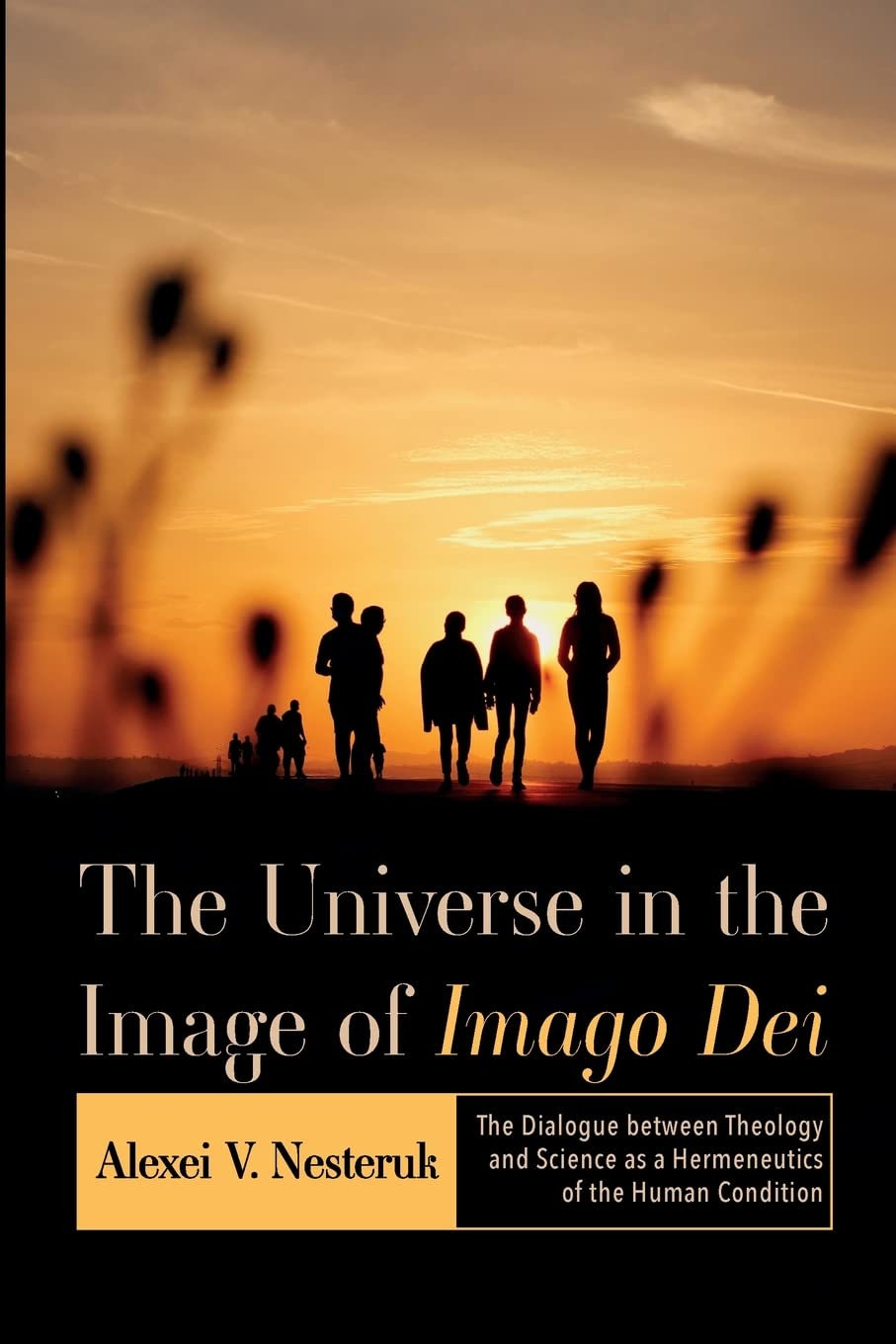
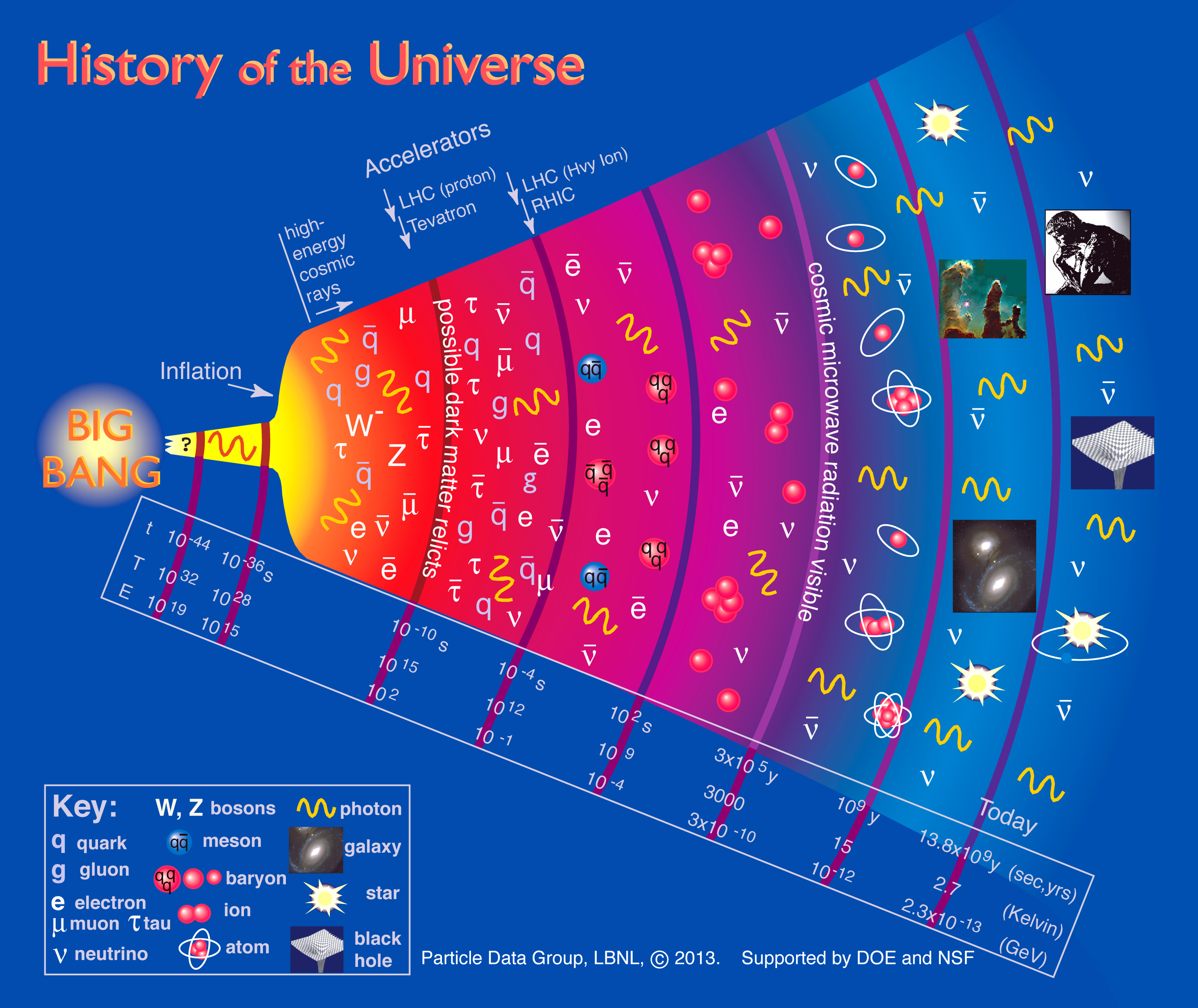
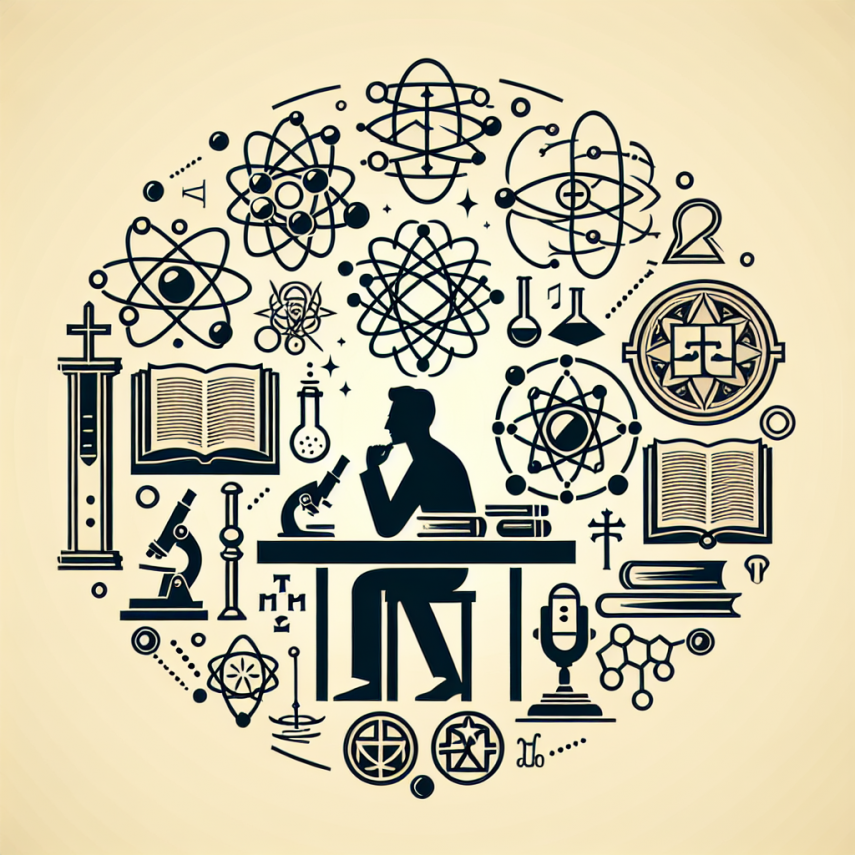
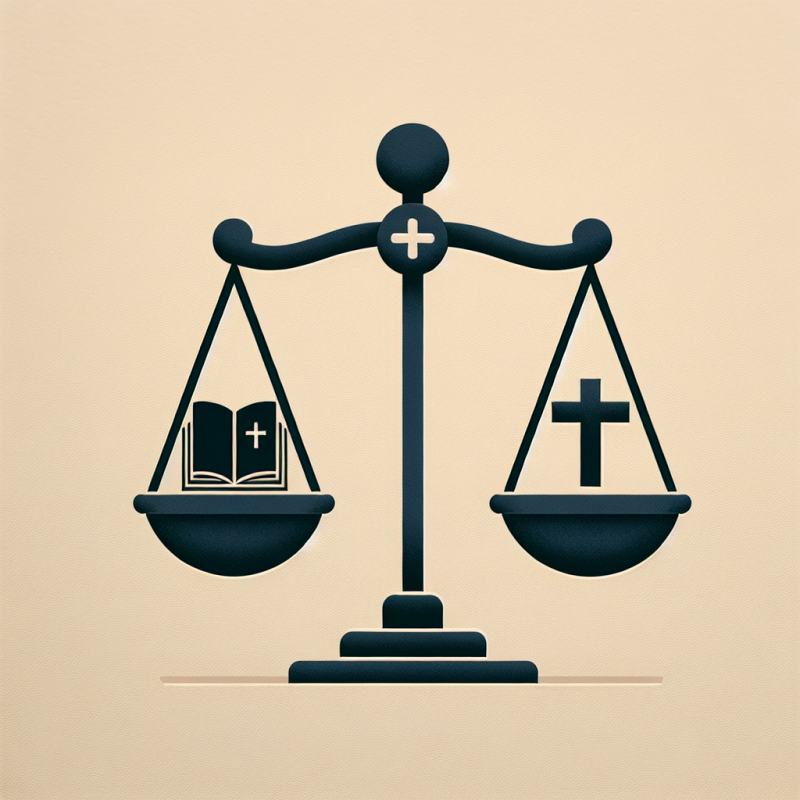

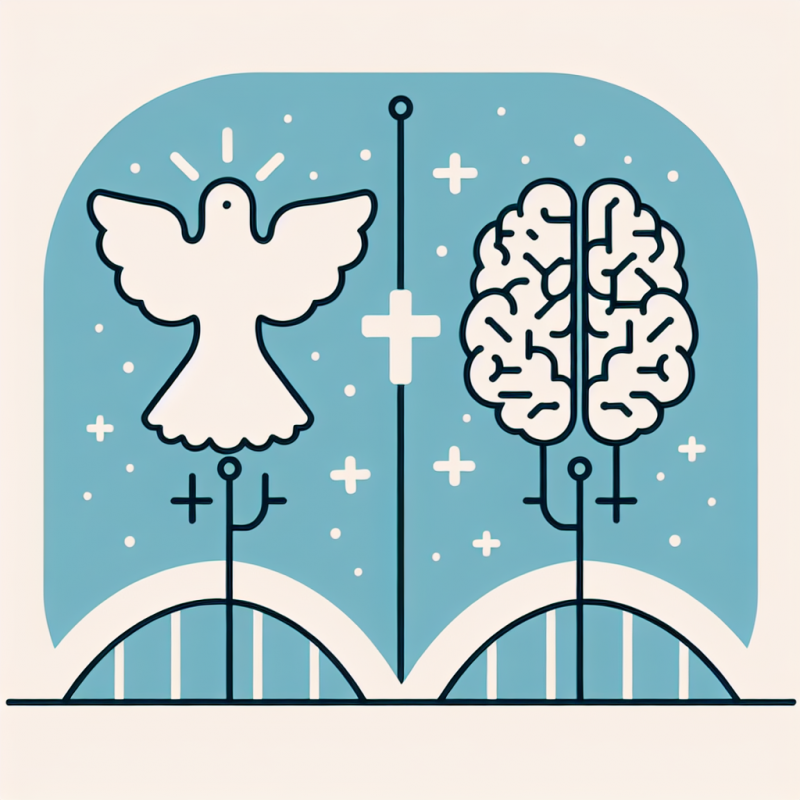
It’s so refreshing to read an article that approaches both sides—science and theology—with respect and balance. As someone who often feels torn between the hard facts of what we know and the deeper mysteries of faith, it’s good to be reminded that one doesn’t have to override the other. They can coexist—each offering something the other can’t provide. Thank you for this thoughtful perspective!
The interplay between science and theology has long been misunderstood, often viewed as two mutually exclusive fields. Yet, when we allow their methodologies and truths to both stand in their own right—one based on empirical evidence and the other on spiritual revelation—there’s profound potential for mutual insight. I hope this article encourages dialogue rather than division in these critical areas of human thought.